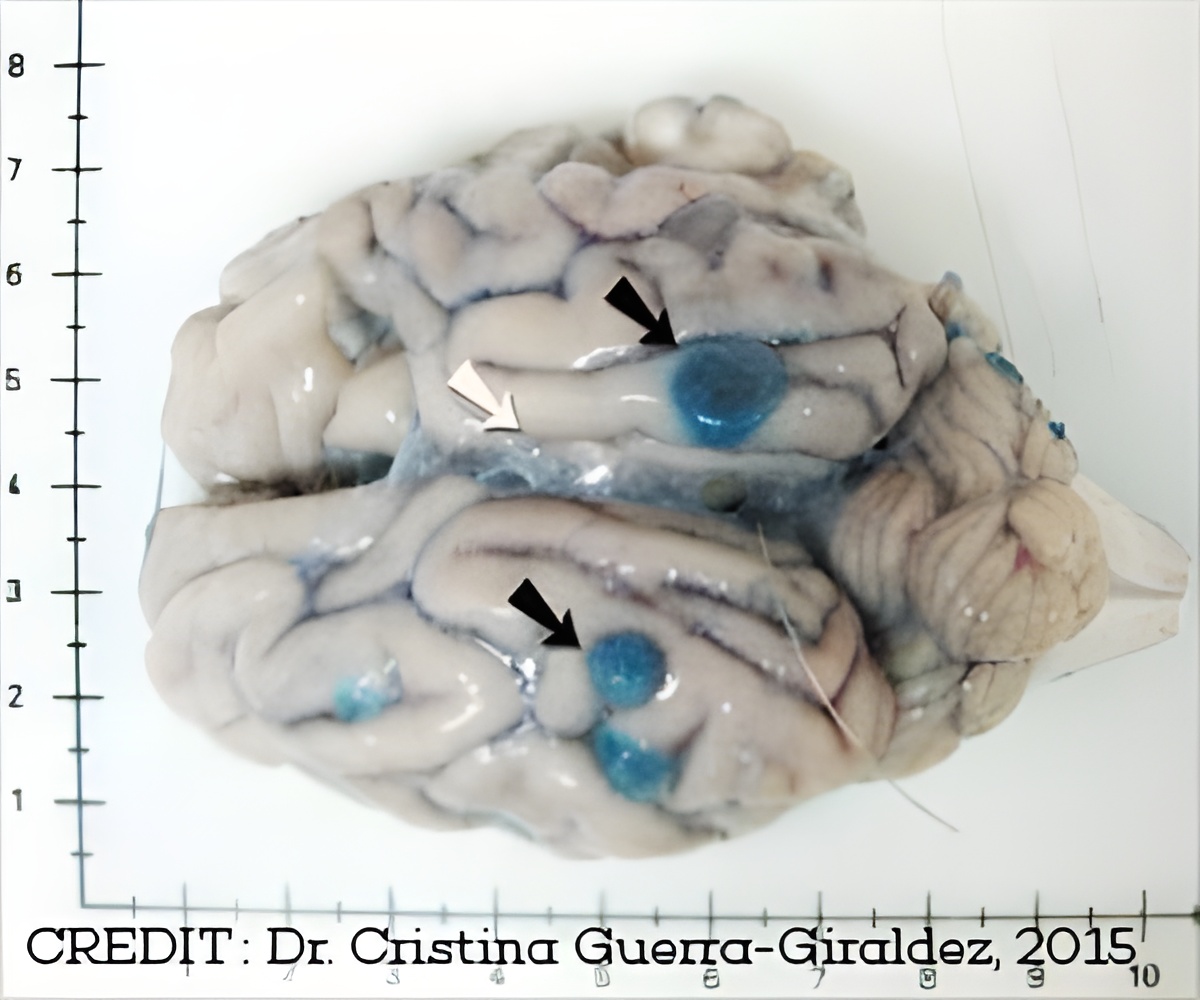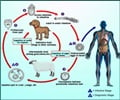In 2015, the severe tapeworm infestation that resulted in the death of an 18-yr-old In India had been featured in the Journal of Medicine.

‘As a part of the treatment, anti-inflammatory and anti-epileptic medications were given to the patient, Dev and his colleague decided against giving him anti-parasite treatment as it would’ve caused more inflammation and brain swelling. Unfortunately, despite the best efforts, the patient died two weeks later.’





“I have seen instances of neurocysticercosis in the past, but none as severe as this teenage boy's case,” said Dr. Dev to the Insider. With the MRI scans, the doctors were able to diagnose the teenager with neurocysticercosis. It is a parasitic disease that occurs when a person accidentally ingests tapeworm eggs, these eggs then hatch and infect the brain. This disease occurs when someone eats undercooked food or drinks the contaminated water.
Unfortunately, the patient passed away two weeks later despite the treatment.
Tapeworm eggs are often present in undercooked pork that has been infected. Once eaten by the patient through the contaminated, these eggs hatch, and the larvae infect the muscles and brain, causing cysts.
The Teenager talked about here had cysts in his brain, right eye, and right testicle.
Advertisement
According to the CDC, Cysticercosis can occur anywhere, but most of the cases are reported in developing countries. It is because, in many of these countries, pigs roam freely and can easily eat human feces that may contain the tapeworm eggs.
Advertisement












